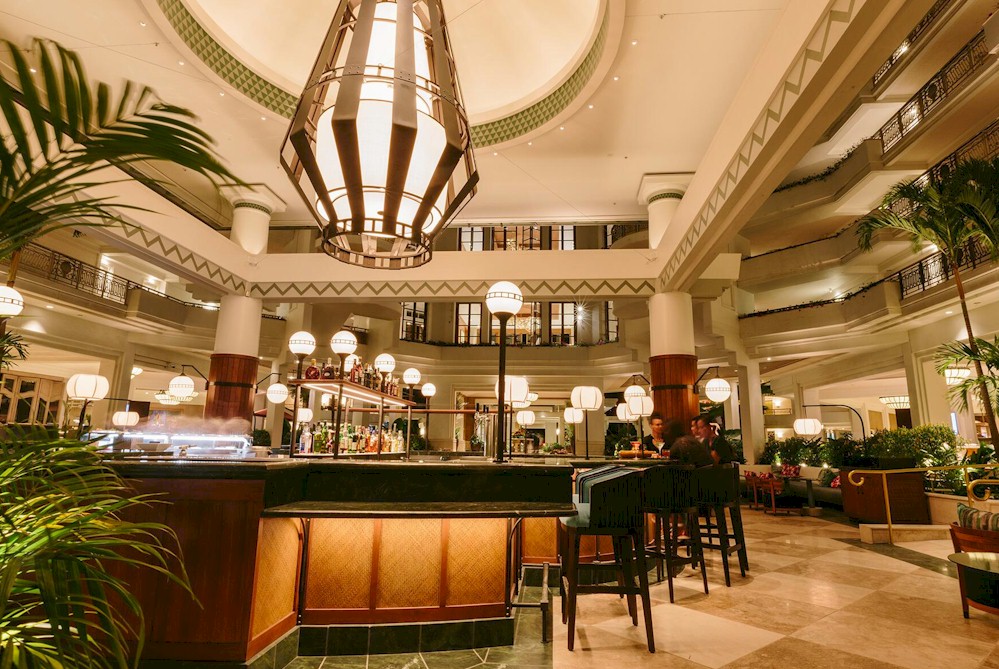
One major consequence of the pandemic was the necessity of employees to transition to a work-from-home situation. Millions of workers found themselves abruptly exiled from their offices, with a need to set up a workspace in their kitchen or basement. Today, because of advances in communication technology, the remote work phenomenon is widely accepted and people have discovered they can work from anywhere. As a result, hotels are adapting by creating spaces to accommodate those travelers who wish to remain connected to the office while on the go. Lobbies are being transformed into co-working spaces where guests can work, make calls, participate in video conferences, and charge their devices. These spaces also function as social and networking centers. Some are converting to fabulous bars and live entertainment venues. The lobbies also appeal to local remote workers who seek alternative places to work, thereby promoting community engagement, reinforcing brand loyalty, and increasing food and beverage sales. The November issue of the Hotel Business Review will report on these and other notable trends in hotel architecture and design.




































